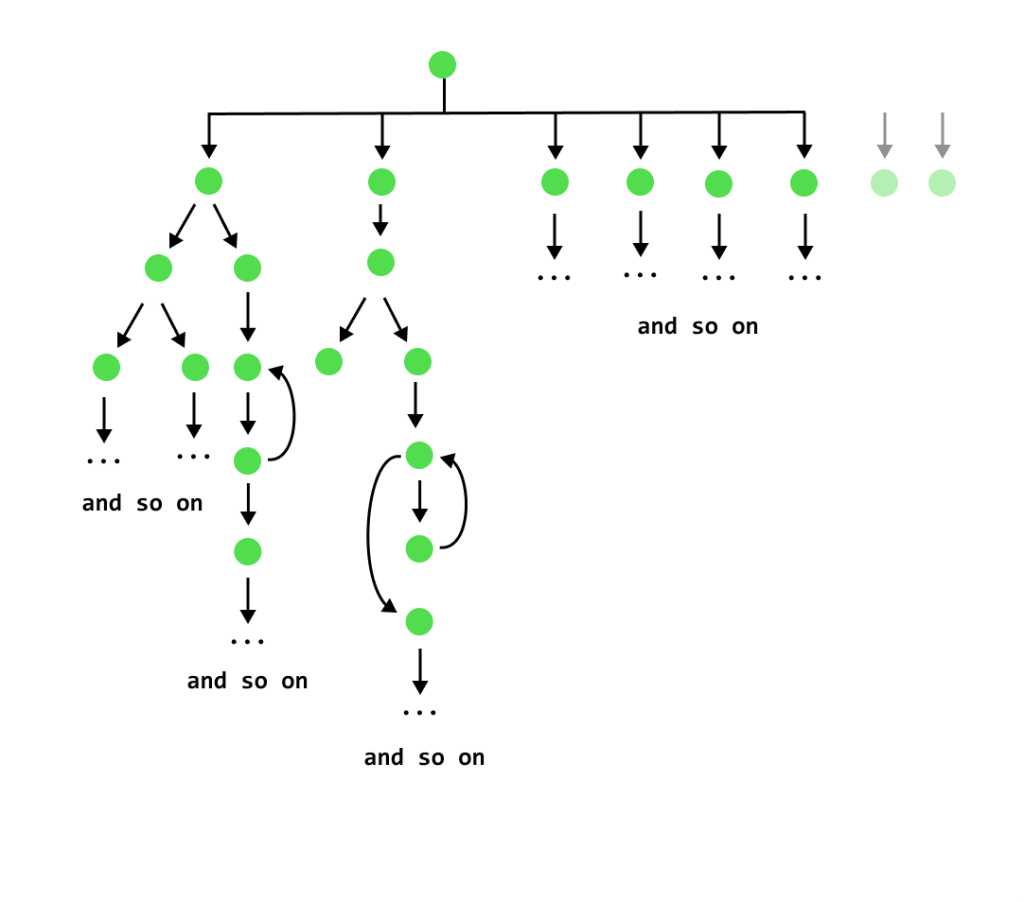Mastering Typescript Abstract Classes: Unleash The Power Of Object-Oriented Programming!
Understanding Typescript Abstract Classes
Introduction
Welcome, Smart Readers! In this article, we will delve into the world of TypeScript abstract classes. TypeScript is a superset of JavaScript that offers static typing and other advanced features to enhance the development experience. Abstract classes, as the name suggests, are classes that cannot be instantiated themselves but serve as blueprints for other classes. They provide a way to define common properties and methods that can be shared among multiple derived classes.
2 Picture Gallery: Mastering Typescript Abstract Classes: Unleash The Power Of Object-Oriented Programming!


In this comprehensive guide, we will explore the various aspects of TypeScript abstract classes, including their definition, purpose, advantages, and disadvantages. So, let’s dive in!
What are TypeScript Abstract Classes?

Image Source: cloudfront.net
✨ TypeScript abstract classes are classes that cannot be instantiated directly but are meant to be inherited by other classes. They serve as base classes and provide a way to define common properties and methods that can be shared among multiple derived classes. Abstract classes can have both abstract and non-abstract methods and properties.
✨ Abstract methods are methods that do not have an implementation in the abstract class itself but must be implemented in the derived classes. These methods act as placeholders, ensuring that any class deriving from the abstract class provides an implementation for them.

Image Source: ytimg.com
✨ Abstract properties, on the other hand, are properties that do not have a specific value in the abstract class, but their values are determined by the derived classes. They act as contracts, defining the structure of the properties that derived classes must have.
Who Should Use TypeScript Abstract Classes?
✨ TypeScript abstract classes are useful for developers who want to define a common interface or set of properties and methods that multiple classes should implement. They promote code reuse and help in creating a more organized and maintainable codebase.
✨ If you are working on a project that requires similar functionality across different classes, abstract classes can be a great choice. They allow you to define the common functionality in one place and let the derived classes provide their specific implementations for the abstract methods.
When to Use TypeScript Abstract Classes?
✨ TypeScript abstract classes should be used when you want to create a base class that provides a common interface and functionality for its derived classes. Use abstract classes when you want to enforce certain methods or properties to be implemented by the derived classes.
✨ Abstract classes are particularly useful in scenarios where you want to create a hierarchy of classes, with each class building upon the functionality provided by its parent abstract class.
Where Can You Use TypeScript Abstract Classes?
✨ TypeScript abstract classes can be used in any TypeScript project. They are supported in various development environments, including popular code editors like Visual Studio Code and plugins for other IDEs like WebStorm, IntelliJ, and Sublime Text.
✨ Whether you are developing a web application, a Node.js server, or any other TypeScript project, you can leverage the power of abstract classes to create a well-structured and extensible codebase.
Why Should You Use TypeScript Abstract Classes?
✨ TypeScript abstract classes offer several benefits:
1. Code Reusability: Abstract classes allow you to define common functionality in one place and reuse it across multiple derived classes.
2. Consistency: By enforcing the implementation of abstract methods, abstract classes ensure that derived classes adhere to a common interface, promoting consistency in the codebase.
3. Flexibility: With abstract classes, you can define default implementations for certain methods while still allowing derived classes to override them if needed.
4. Polymorphism: Abstract classes enable you to create collections of objects that share a common base class but have specific implementations for certain methods.
5. Improved Maintenance: Abstract classes promote better code organization and maintainability, as they encapsulate related functionality in one place.
Disadvantages of TypeScript Abstract Classes
❌ While TypeScript abstract classes offer numerous advantages, it’s important to consider their limitations:
1. Inheritance Limitation: TypeScript supports single inheritance only, which means a class can inherit from only one abstract class.
2. Tight Coupling: Extensive use of abstract classes can lead to tight coupling between classes, making the codebase more challenging to modify and maintain.
3. Limited Flexibility: Once a class inherits from an abstract class, it must adhere to the contract specified by the abstract class, potentially limiting the class’s design options.
4. Overhead: Abstract classes introduce additional overhead, as the derived classes need to implement the abstract methods defined in the abstract class.
5. Complex Hierarchies: Overuse of abstract classes in a complex inheritance hierarchy can make the code harder to understand and debug.
Frequently Asked Questions (FAQs)
1. Can an abstract class be instantiated directly?
No, an abstract class cannot be instantiated directly. It can only be used as a base class for other classes.
2. Can abstract methods have an implementation in the abstract class?
No, abstract methods do not have an implementation in the abstract class itself. They are meant to be implemented in the derived classes.
3. Can a class inherit from multiple abstract classes?
No, TypeScript supports single inheritance, so a class can only inherit from one abstract class.
4. Can abstract classes have non-abstract methods?
Yes, abstract classes can have both abstract and non-abstract methods. Non-abstract methods have an implementation in the abstract class itself.
5. Can abstract classes have constructors?
Yes, abstract classes can have constructors. The constructor of an abstract class is executed when a derived class is instantiated.
Conclusion
In conclusion, TypeScript abstract classes offer a powerful mechanism for creating reusable and structured code. They provide a way to define common properties and methods that can be shared among multiple derived classes. By using abstract classes, developers can enforce a common interface, promote code reuse, and create more maintainable codebases.
Next time you find yourself working on a project with related classes, consider utilizing TypeScript abstract classes to improve code organization and consistency. Embrace the power of abstraction and create more efficient and scalable TypeScript applications!
Final Remarks
Thank you for taking the time to read this article on TypeScript abstract classes. We hope you found it informative and helpful. Remember, abstract classes are just one tool in the vast TypeScript toolkit, and understanding when and how to use them can greatly enhance your development experience.
Keep exploring TypeScript’s features and best practices, and don’t hesitate to experiment with abstract classes in your own projects. Happy coding!
This post topic: Abstract



